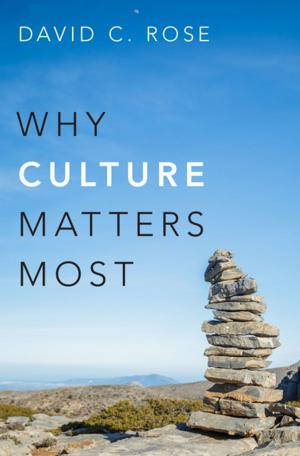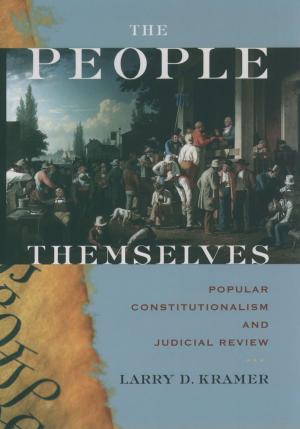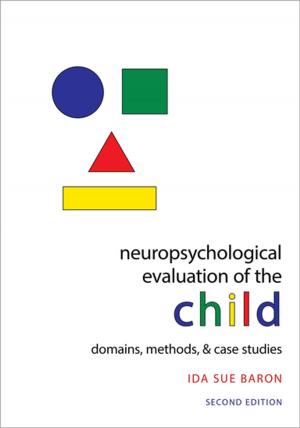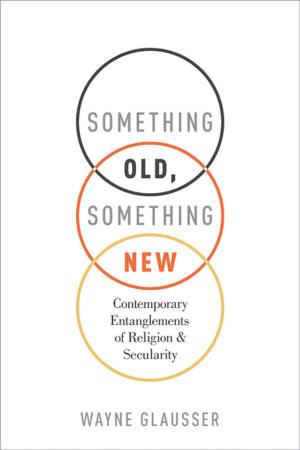Dark Feelings, Grim Thoughts
Experience and Reflection in Camus and Sartre
Nonfiction, Religion & Spirituality, Philosophy, Existentialism, Fiction & Literature, Literary Theory & Criticism, French, European| Author: | Robert C. Solomon | ISBN: | 9780190292782 |
| Publisher: | Oxford University Press | Publication: | July 27, 2006 |
| Imprint: | Oxford University Press | Language: | English |
| Author: | Robert C. Solomon |
| ISBN: | 9780190292782 |
| Publisher: | Oxford University Press |
| Publication: | July 27, 2006 |
| Imprint: | Oxford University Press |
| Language: | English |
In the same spirit as his most recent book, Living With Nietzsche, and his earlier study In the Spirit of Hegel, Robert Solomon turns to the existential thinkers Albert Camus and Jean-Paul Sartre, in an attempt to get past the academic and political debates and focus on what is truly interesting and valuable about their philosophies. Solomon makes the case that--despite their very different responses to the political questions of their day--Camus and Sartre were both fundamentally moralists, and their philosophies cannot be understood apart from their deep ethical commitments. He focuses on Sartre's early, pre-1950 work, and on Camus's best known novels The Stranger, The Plague, and The Fall. Throughout Solomon makes the important point that their shared interest in phenomenology was much more important than their supposed affiliation with "existentialism." Solomon's reappraisal will be of interest to anyone who is still or ever has been fascinated by these eccentric but monumental figures.
In the same spirit as his most recent book, Living With Nietzsche, and his earlier study In the Spirit of Hegel, Robert Solomon turns to the existential thinkers Albert Camus and Jean-Paul Sartre, in an attempt to get past the academic and political debates and focus on what is truly interesting and valuable about their philosophies. Solomon makes the case that--despite their very different responses to the political questions of their day--Camus and Sartre were both fundamentally moralists, and their philosophies cannot be understood apart from their deep ethical commitments. He focuses on Sartre's early, pre-1950 work, and on Camus's best known novels The Stranger, The Plague, and The Fall. Throughout Solomon makes the important point that their shared interest in phenomenology was much more important than their supposed affiliation with "existentialism." Solomon's reappraisal will be of interest to anyone who is still or ever has been fascinated by these eccentric but monumental figures.















